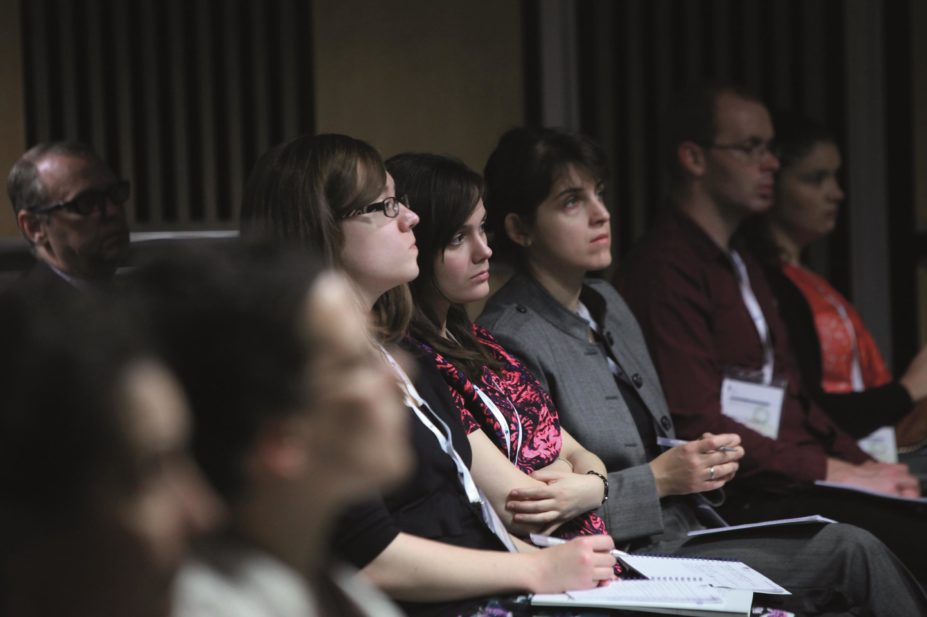
Nadia Atturi
Schools of pharmacy should share details of their student fitness to practise cases and their outcomes to help ensure procedures are consistent between universities, according to Mark Pitt, assistant general secretary of the Pharmacists Defence Association.
Speaking at the Royal Pharmaceutical Society (RPS) annual conference, Pitt raised concerns about inconsistencies in the way different pharmacy schools have handled similar student fitness to practise cases. As an example, he highlighted that, in one school, a student who forged a sick note to gain an academic advantage was suspended, which put back their academic progress by one year. In another school, no action was taken in a similar case. “I’m not saying that either of those is right,” he added.
“Most worrying is a failure [in some schools] to observe the principles of natural justice,” Pitt said, explaining that some students are not given a fair hearing, the opportunity to prepare or the chance to see the evidence against them. He added that, in some cases, universities had treated students more harshly in fitness to practise cases when employers were involved, such as when students were participating in summer placements, because of a desire to maintain good relationships with those organisations.
RPS conference attendees heard Pitt’s comments in a session on 8 September 2014 about student fitness to practise procedures led by Joy Wingfield, professor of pharmacy law and ethics at the University of Nottingham and chairman of the Pharmacy Law and Ethics Association. She told the audience: “It’s been four years now since the system came in, so it seems an appropriate time to start thinking about just how rational the procedure is [and] whether decisions are well made.”
Damian Day, head of education at the General Pharmaceutical Council (GPhC), said that the regulator would like to gain a fuller picture of how procedures are working in universities. He explained that, because the majority of incidents are dealt with by the individual pharmacy schools or, for severe allegations, escalated to the courts, the GPhC does not see many cases and therefore it does not have a full picture of student behaviour. This also means that the GPhC has yet to refuse to register someone on the basis of what they have done as a student because cases are usually dealt with by the pharmacy schools or externally instead.
Day also told delegates there are no plans to register students with the regulator. Currently, the only healthcare profession to register students is optometry, and “even they don’t think it’s a terribly good idea”, Day said. Pitt added that there would be a considerable cost involved with student registration.


